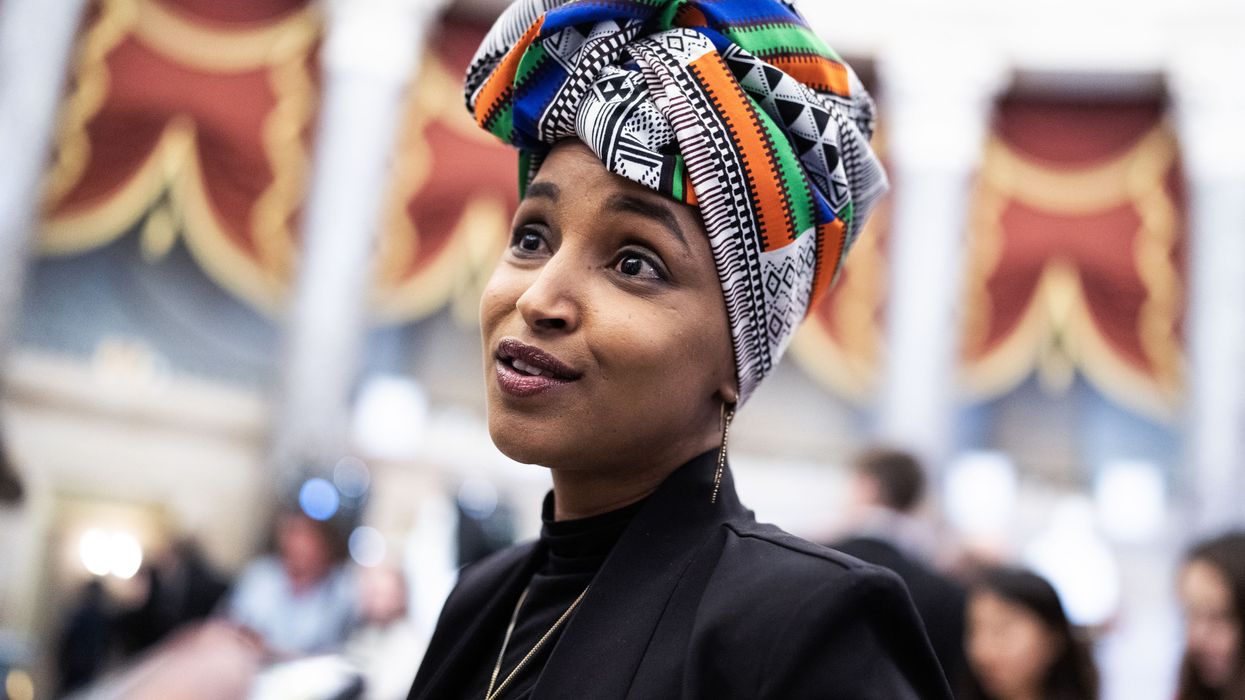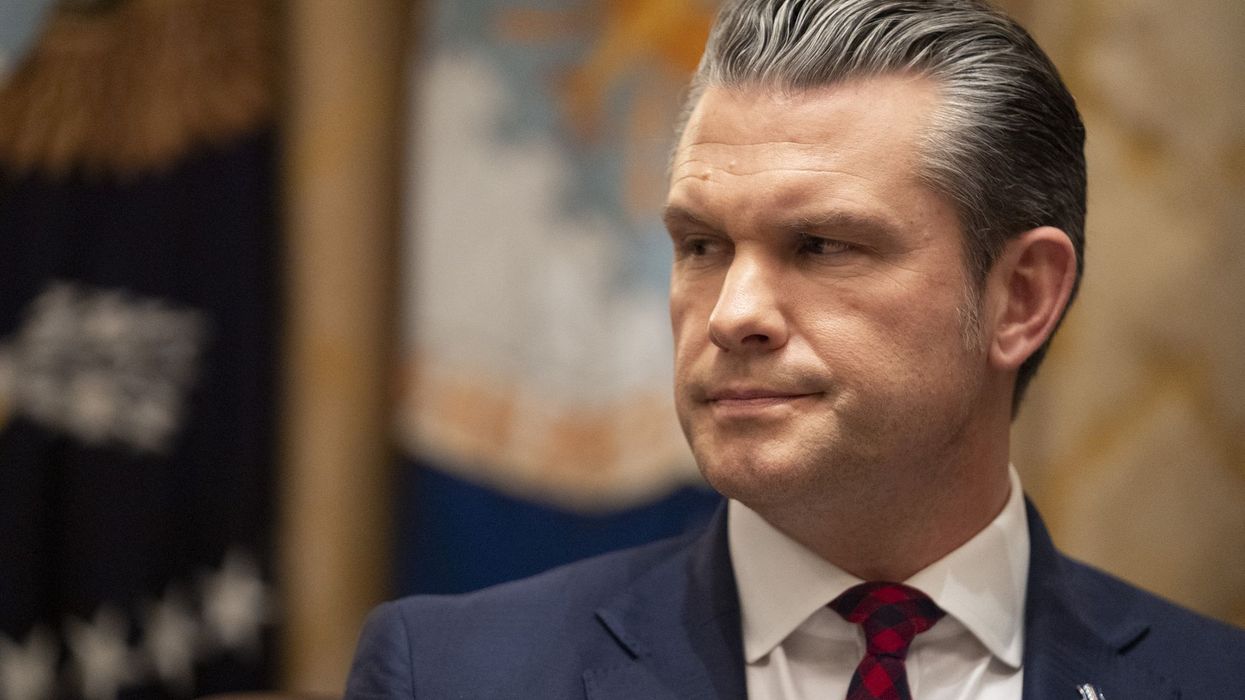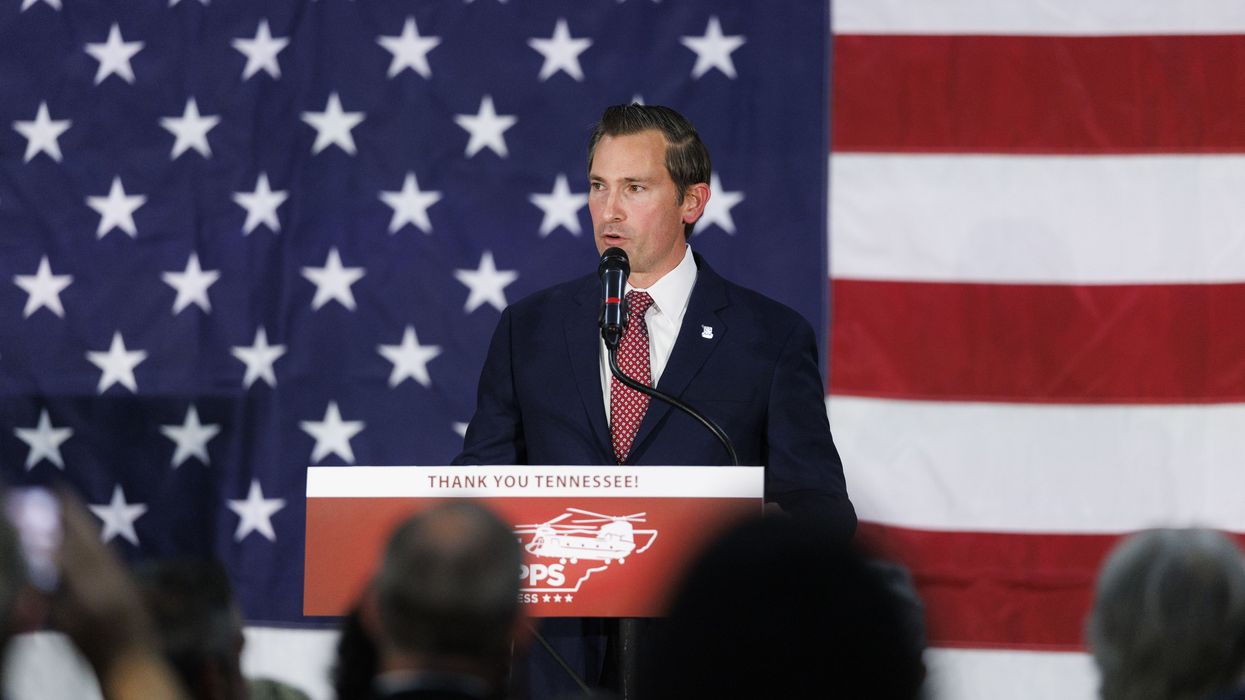July, 27 2010, 12:21pm EDT
For Immediate Release
Contact:
Mike
Meno, MPP director of communications 202-905-2030
or 443-927-6400
D.C. Medical Marijuana Law Clears Congressional Hurdle
Congress Takes No Action to Overturn D.C. Council Bill; Officials Now Tasked With Establishing Regulations, Taking Dispensary Applications
WASHINGTON
According
to District of Columbia Del. Eleanor Holmes Norton, the District's
medical marijuana law cleared a mandatory 30-day Congressional review
period Monday night, after Congress declined to take action against a
D.C. Council bill that allows the District to license between five and
eight medical marijuana dispensaries. Norton made the announcement on
Tuesday. The District will join 14 states across the country in having
effective medical marijuana laws.
This historic development comes almost 12 years
after 69 percent of District voters approved a referendum on medical
marijuana in 1998. Congress had blocked the law's implementation until
last year. Now the District Department of Health and Mayor Adrian Fenty
are tasked with developing a set of regulations for dispensaries that
will be licensed to distribute medical marijuana to qualified patients.
Medical marijuana is not fully legal yet, as the new law allows
qualified patients to legally possess marijuana only if it comes from a
licensed dispensary.
"After thwarting the will of District voters
for more than a decade, Congress is no longer standing in the way of
effective relief for D.C. residents who struggle with chronic ailments,"
said Rob Kampia, executive director of the Marijuana Policy Project.
"This moment is a long overdue victory for both D.C. home rule and the
wellbeing of District residents whose doctors believe medical marijuana
can help ease their pain."
Under the bill, patients who are suffering from
chronic conditions including HIV/AIDS, cancer, glaucoma, and multiple
sclerosis, and receive a recommendation from their doctor will be able
to obtain safe access to medical marijuana through a system of licensed
dispensaries. A task force will be charged with, among other things,
recommending additional conditions, such as PTSD or severe, chronic pain
to the list of qualifying conditions. Unlike the laws in 13 out of 14
medical marijuana states, patients will not be allowed to grow their own
medicine, though the task force will also examine the issue of home
cultivation. Medical marijuana will be subject to the city's 6 percent
sales tax.
The Marijuana Policy Project (MPP) is the number one organization in the U.S. legalizing cannabis. We passed 13 medical cannabis laws in the past 15 years, and we ran winning campaigns in eight of the 11 legalization states. No organization in the movement has changed as many cannabis laws, impacted as many patients and consumers, created as many new markets, or done more to end cannabis prohibition in the U.S. than MPP.
LATEST NEWS
After Trump's Latest Racist Rant, Ilhan Omar Hopes 'He Gets the Help He Desperately Needs'
“His obsession with me is creepy," said Rep. Ilhan Omar, the first Somali American ever elected to the US Congress.
Dec 03, 2025
Rep. Ilhan Omar, the first Somali American ever elected to the US Congress, said Tuesday that she hopes President Donald Trump "gets the help he needs" after he ended a Cabinet meeting with a bigoted tirade against Somali immigrants.
Trump specifically attacked Minnesota's Somali community—falsely claiming that "they contribute nothing"—and singled out Omar (D-Minn) by name, calling her "garbage" and a "terrible person."
Omar hit back in a brief social media post, characterizing the president's remarks as clear evidence that he's unwell.
"His obsession with me is creepy," Omar wrote.
His obsession with me is creepy. I hope he gets the help he desperately needs. https://t.co/pxOpAChHse
— Ilhan Omar (@IlhanMN) December 2, 2025
Trump's comments came as his administration prepared to target Somali immigrants with Immigration and Customs Enforcement (ICE) raids in the Minneapolis-St. Paul region. Around 80,000 Somalis live in Minnesota.
The New York Times reported Tuesday that the directive for ICE raids in Minnesota "came immediately after" Trump used his social media platform to launch an appalling attack on Somalis and others in the wake of the shooting of two National Guard members. The man charged with the shooting is an Afghan national who worked as a member of a CIA-backed "Zero Unit" during the war in Afghanistan before resettling in the US.
Kristi Noem, head of the US Department of Homeland Security, has exploited the shooting to ramp up the administration's anti-immigrant agenda, proposing what she called "a full travel ban on every damn country that’s been flooding our nation with killers, leeches, and entitlement junkies," echoing Trump's white nationalist rhetoric.
Following Trump's latest attack on Somalis, Minnesota Attorney General Keith Ellison said in a statement that the president's "disgraceful attacks on Minnesota’s Somali community are injecting more of his poisonous racism into our beloved home state."
"Hearing him single out our people based solely on their race and country of origin is downright disgusting," Ellison said. "Minnesotans stand up for our neighbors when they're under attack. And as Minnesota's attorney general, I will use every tool I have to protect all our neighbors, including our vibrant Somali community, from these dangerous, racist threats. Our neighbors deserve no less."
Keep ReadingShow Less
Hegseth 'Responsible' for 'Murder': Family Files Formal Complaint Over Killing of Colombian Fisherman
According to the official filing, Trump's Defense Secretary "has admitted that he gave such orders despite the fact that he did not know the identity of those being targeted for these bombings and extra-judicial killings."
Dec 03, 2025
The family of Colombian fisherman Alejandro Carranza Medina, believed killed by the US military in a boat bombing in the Caribbean Sea on Sept. 15, has filed a formal complaint with the Inter-American Commission on Human Rights accusing US Secretary of Defense Pete Hegseth of murder over the unlawful attack.
"From numerous news reports, we know that [Hegseth] was responsible for ordering the bombing of boats like those of Alejandro Carranza and the murder of all those on such boats," reads the petition, filed Tuesday on behalf of Carranza's family by Dan Kovalik, a human rights attorney based in Pittsburgh.
"Secretary Hegseth," the petition continues, "has admitted that he gave such orders despite the fact that he did not know the identity of those being targeted for these bombings and extra-judicial killings."
The complaint also notes that President Donald Trump, the commander in chief of the US military, "ratified the conduct of Secretary Hegseth described herein.”
First reported on by The Guardian, the filing of the petition with the IACHR—an autonomous body under the charter of Organization of American States (OAS) designed to uphold human rights in the Western Hemisphere—could result in the initiation of an investigation and the release of findings about the bombing that took the life of Carranza and two other individuals believed to be aboard the vessel.
The petition, the outlet noted, "marks the first formal complaint over the airstrikes by the Trump administration against suspected drug boats, attacks that the White House says are justified under a novel interpretation of law." Experts in international human rights law have stated from the outset that the administration's justifications lack legal basis and that the attacks constitute unlawful criminal acts.
According to The Guardian:
Carranza, 42, appears to have been killed in the second strike of the Trump administration’s bombing campaign, on 15 September. The administration has publicly disclosed 21 strikes on alleged drug boats. Carranza’s family says he was a fisher who would often set out in search of marlin and tuna.
On the day of the strike, Trump announced on his Truth Social platform that “This morning, on my Orders, US Military Forces conducted a SECOND Kinetic Strike against positively identified, extraordinarily violent drug trafficking cartels and narcoterrorists in the SOUTHCOM area of responsibility”. Trump attached video marked “unclassified” of a small boat floating in the water before it was struck.
Both Hegseth, the highest-ranked civilian at the Pentagon, and Trump have been under growing scrutiny for the series of boat bombings that have resulted in the extrajudicial killing of over 80 people since September. Experts have said the killings should be seen as "murder, plain and simple."
New revelations about a strike on Sept. 2, in which two survivors of an initial bombing were later killed as they clung to the exploded boat on which they were traveling, has evelated that concern in Washington, DC this week with lawmakers seeking answers about the attack which, even if one accepted the legality of the initial strike under the construct the Trump administration has tried to claim, would constitute a clear human rights violation amounting to a war crime.
In an interview with Agence France-Presse in October, Katerine Hernandez, Carranza's wife in Colombia, said her husband was "a good man" devoted to fishing and providing for his family. "Why did they just take his life like that?" she asked.
Hernandez denies that Carranza was involved in drug trafficking, as Trump and Hegseth have alleged without providing evidence, but also suggested that even if drug trafficking was taking place, it would not justify his murder. "The fishermen have the right to live," she said. "Why didn't they just detain them?"
In a Tuesday statement, the IACHR urged the US government to "ensure respect for human rights" during any and all extraterritorial military operations in the region, noting the deaths of a high number of persons both in the Caribbean and in the Pacific, where other strikes have taken place.
"While acknowledging the seriousness of organized crime and its impact on the enjoyment of human rights, the Commission recalls that States are obliged to respect and ensure the right to life of all persons under their jurisdiction," the statement reads.
"According to the Inter-American jurisprudence, this duty extends to situations when State agents exercise authority or effective control, including extraterritorial actions at sea," it continues. "When lethal force is used by security or military personnel outside national territory, States have the obligation to demonstrate that such actions were strictly lawful, necessary, and proportionate, and to investigate, ex officio, any resulting loss of life. These obligations persist irrespective of where the operations occur, or the status attributed to the individuals affected. Likewise, persons under State control must always enjoy full respect for due process and humane treatment."
The commission called on the US to "refrain from employing lethal military force in the context of public security operations, ensuring that any counter-crime or security operation fully complies with international human rights standards; conduct prompt, impartial, and independent investigations into all deaths and detentions resulting from these actions; and adopt effective measures to prevent recurrence."
Keep ReadingShow Less
'Flashing Warning Sign' for GOP as Republican Squeaks Out Win in Deep-Red Tennessee District
"The fact that Republicans spent millions to protect this Trump +22 district and still lost so much ground should have the GOP shaking in their boots," said the chair of the Democratic National Committee.
Dec 03, 2025
Republican Matt Van Epps narrowly prevailed Tuesday in a special election for a Tennessee district that President Donald Trump carried by 22 points last year, a result that has the GOP increasingly worried about the party's prospects in the 2026 midterms as voters take out their anger over high living costs.
Van Epps defeated Democratic candidate Aftyn Behn in the US House race by roughly nine points, a strikingly narrow margin for a district that Republican Mark Green—who resigned from Congress over the summer—won by 21 points last year.
Behn placed affordability, which Trump has called a Democratic "scam," at the center of her bid to represent Tennessee's 7th Congressional District, replicating the playbooks of recently successful Democratic campaigns across the country.
"I don’t care what political party you belong to, but if you are upset about the cost of living and the chaos of Washington, then I’m your candidate, and I welcome you with open arms," Behn said during the race, which drew national attention and millions of dollars in spending.
The Planned Parenthood Action Fund (PPAF), which backed Behn—a supporter of abortion rights—said late Tuesday that "the lesson from Aftyn’s campaign is clear: Voters are looking for leaders who will put healthcare affordability over billionaire special interests."
"Every day that President Trump and his backers are in power, people suffer," said Alexis McGill Johnson, PPAF's president and CEO. "They’re seeing healthcare costs rise, abortion bans in 20 states, and health center closures leading to longer wait times and distances to get care—all worsening the healthcare crisis the Trump administration created."
Notably, while Van Epps embraced Trump, much of the Republican messaging in the race focused on attacking Behn as a "radical" rather than championing the president's economic agenda, which voters across the country blame for driving up costs. Behn, who received over 115% of the 2022 Democrat nominee's vote total, said that Republicans were attacking her because "they don't have a plan to make healthcare more affordable."
The GOP scramble to defend a deep-red seat was seen by both Republicans and Democrats as a possible signal of what's to come in next year's midterms. One House Republican, speaking anonymously, told Politico that "tonight is a sign that 2026 is going to be a bitch of an election cycle."
Ken Martin, chair of the Democratic National Committee, said in a statement that "what happened tonight in Tennessee makes it clear: Democrats are on offense and Republicans are on the ropes."
"Aftyn Behn’s overperformance in this Trump +22 district is historic and a flashing warning sign for Republicans heading into the midterms. Aftyn centered her campaign on lowering grocery, housing, and healthcare costs for Tennessee families," said Martin. "The fact that Republicans spent millions to protect this Trump +22 district and still lost so much ground should have the GOP shaking in their boots."
Keep ReadingShow Less
Most Popular


